Tagged With Behavior Research

How to Know If a Dog Is Happy: Understanding Dog Happiness
29 January 2024
Signs of dog joy can be seen through the position of their tail, their body and face, and their hormone levels, as well as through environmental and training factors.
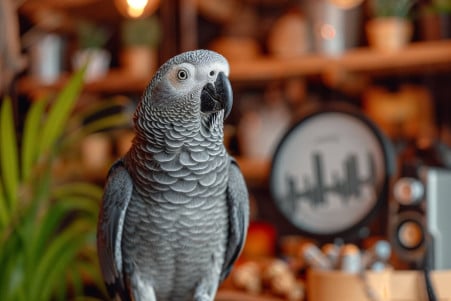
Parrot Vocal Mimicry: The Science Behind Why Parrots Repeat Words
29 January 2024
This article discusses the science of parrot vocal learning, including its relationship to sociality, cognition, and survival, as well as the effects of human activity.
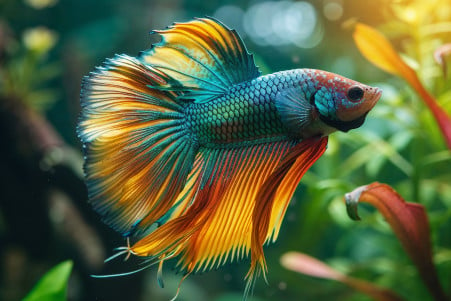
Do Fish in Aquariums Get Bored or Depressed? Introducing Fish Welfare
29 January 2024
Fish can feel bored and depressed, and these feelings are impacted by the size of their tank, the complexity of their environment, and the enrichment they receive, all of which can impact their mental state.
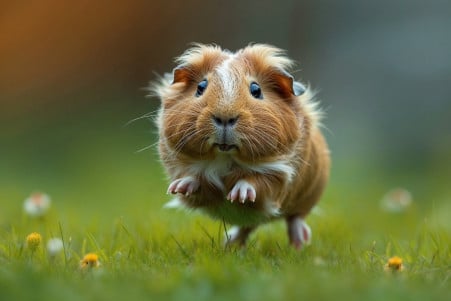
Why Do Guinea Pigs Popcorn? Understanding Their Joyful Leaps
29 January 2024
This article discusses the concept of popcorning in guinea pigs, including what it is, why it happens, what it means in terms of guinea pig social behavior, and whether it can be a sign of a health issue.
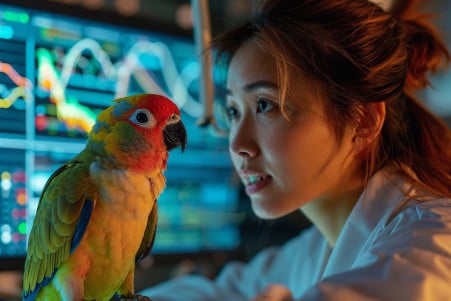
Can AI Help Us Understand Animal Communication? The Future of Interspecies Communication
24 January 2024
AI’s potential to revolutionize interspecies communication, ethical considerations, and the future of animal language research.
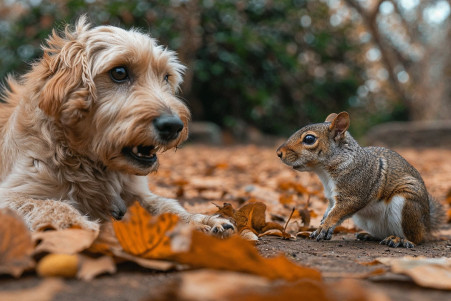
Why Do Dogs Bark at Some Animals and Not Others? The Science of Canine Communication
24 January 2024
Factors influencing why dogs bark at certain animals, including senses, experiences, training, genetics, and breed-specific traits.

Why Are Old Dogs Still Playful? The Science Behind Canine Senescence
20 January 2024
The science behind senior dogs’ playfulness, including evolutionary benefits, hormonal influences, neurological responses, and genetic predispositions.